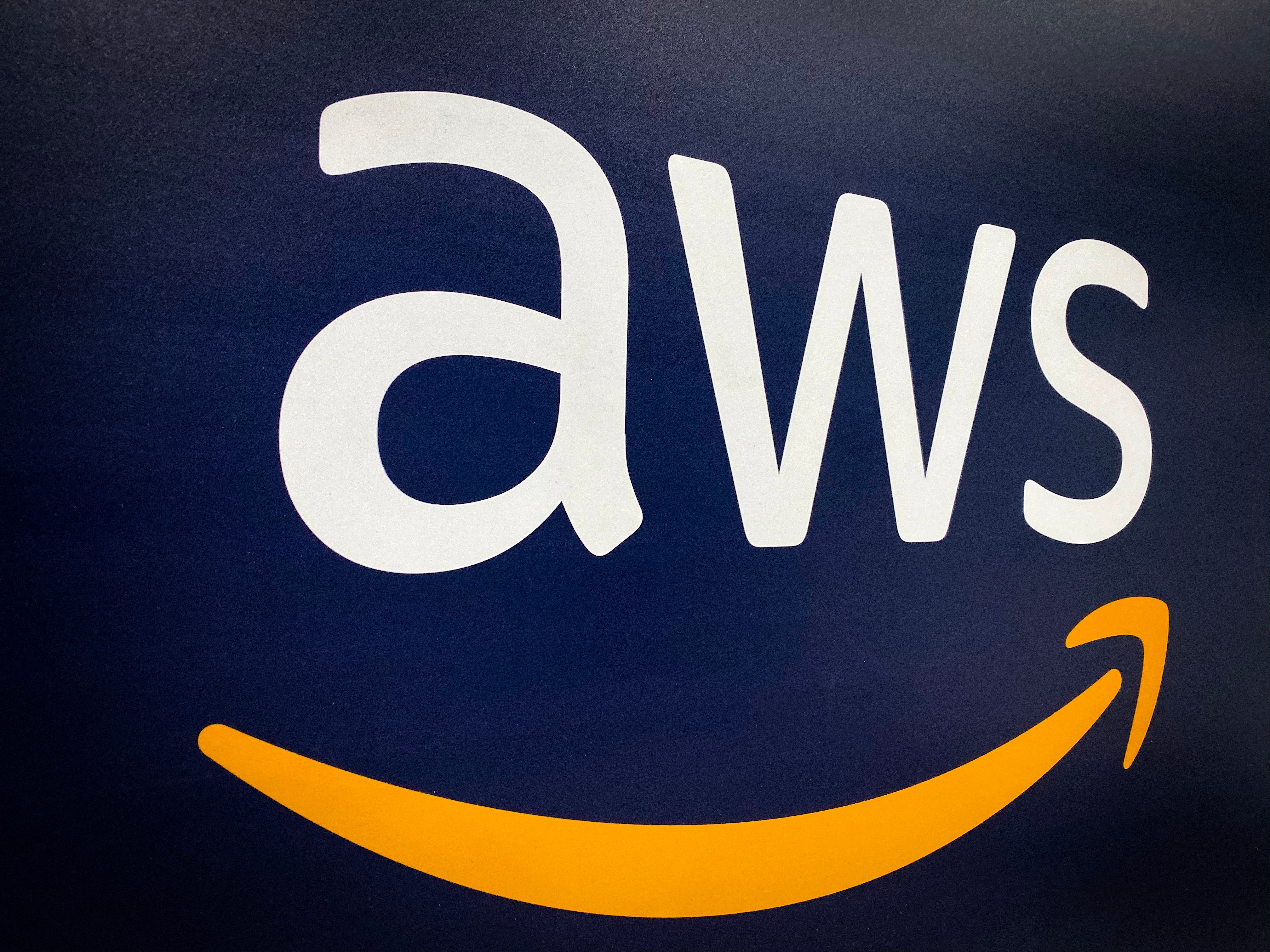In what experts are calling the largest cyber-espionage breach in modern history, Chinese state-sponsored hackers have infiltrated the core systems of major U.S. telecommunications companies, compromising critical infrastructure and exposing sensitive communications. The attack, linked to a group identified as "Salt Typhoon," has sent shockwaves through the cybersecurity community and raised serious questions about the resilience of national networks.
The breach targeted the lawful intercept systems of several U.S. telecom providers, the backbone of infrastructure designed to comply with surveillance mandates from law enforcement agencies. Exploiting vulnerabilities within these systems, hackers accessed call metadata, unencrypted messages, and private communications, including those involving high-ranking officials and corporate executives. Federal agencies have confirmed that the attack impacted major providers, with AT&T, Verizon, and T-Mobile among those reportedly affected.
The hackers' ability to infiltrate such systems underscores the systemic vulnerabilities in telecom infrastructure. Unlike previous data breaches, this operation bypassed typical customer-facing security barriers to attack systems integral to the functioning of telecommunications networks.
While the full scale of the breach is still being investigated, early assessments point to a wide-reaching impact. Sensitive data intercepted during the attack could compromise law enforcement investigations, corporate strategies, and even diplomatic communications. This raises broader concerns about how critical infrastructure is protected from increasingly advanced cyber threats.
Cybersecurity experts warn that the attack exposes a deeper issue: the reliance on legacy systems and inconsistent adoption of robust security protocols in the telecommunications industry. "This breach has set a dangerous precedent for cyber-espionage," said a senior cybersecurity advisor. "We are witnessing a shift in how state-sponsored actors approach targeting critical infrastructure."
In response to the breach, the White House convened an emergency meeting with telecom executives, led by National Security Advisor Jake Sullivan, to address vulnerabilities and implement stronger defenses. The meeting emphasized the need for immediate action to secure U.S. telecommunications networks and prevent future breaches.
Federal agencies, including the FBI and the Cybersecurity and Infrastructure Security Agency (CISA), are spearheading the investigation. Meanwhile, telecom companies have initiated internal audits of their security systems. T-Mobile has downplayed the extent of its involvement, asserting that customer data was not materially impacted, but analysts remain skeptical as investigations deepen.
The breach highlights the growing sophistication of state-sponsored cyber-espionage campaigns, with implications that extend far beyond the United States. The attack underscores the need for global cooperation in combating cyber threats, particularly those targeting critical infrastructure.
For the U.S., this breach marks a turning point in how public and private sectors collaborate to secure essential systems. Experts have called for stringent regulatory frameworks and enhanced public-private partnerships to mitigate risks in an era where digital systems underpin nearly every facet of society.
As investigations continue, policymakers are under pressure to implement stricter cybersecurity measures. Proposed initiatives include mandatory reporting of breaches by private sector companies and increased investment in advanced threat detection technologies.
This historic breach serves as a stark reminder of the evolving threat landscape. With adversaries employing increasingly sophisticated techniques, the ability to anticipate and thwart cyberattacks has become a critical priority for nations and industries alike. As the U.S. and its allies grapple with the fallout, one thing is clear: the stakes for cybersecurity have never been higher. This attack is not just a breach of data but a breach of trust—one that will shape the future of telecommunications security for years to come.
Government
The Telecom Breach That Shook the Nation: A Wake-Up Call for Cybersecurity
TechChannels Staff
Nov 25, 2024

More News


AWS Supercharges DevOps with Generative AI in OpenSearch
How AWS is bringing AI-augmented incident response into mission-critical DevOps workflows.


UniCredit Leads the Rise of AI-driven Mergers & Acquisitions
AI adoption gets tactical—how UniCredit is targeting M&A growth with DealSync


The Tax-Time Trap & What Phishing Campaigns Reveal About the State of Threat Intelligence
Tax season phishing is evolving fast—revealing just how sophisticated threat actors have become and why threat intel must adapt.
.png?width=1816&height=566&name=brandmark-design%20(83).png)